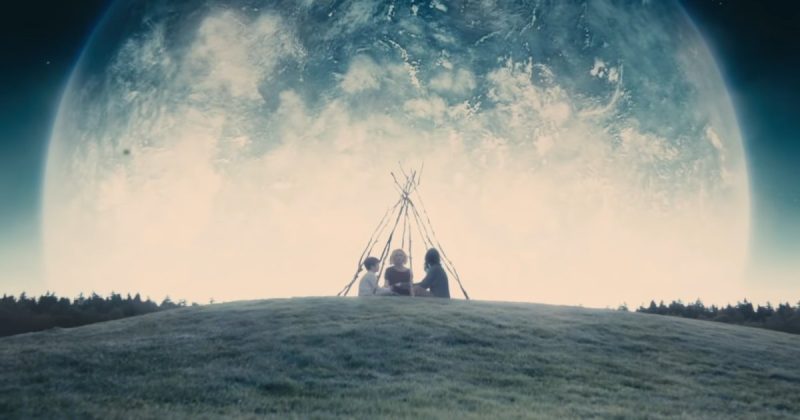
What would you do if you knew the world was about to end? Not just a vague sense of impending doom, but a concrete, scientifically proven, planet-sized apocalypse? This is the chilling premise of Lars von Trier’s 2011 film, *Melancholia*, a sci-fi drama that’s as visually stunning as it is emotionally devastating. And sadly, it’s leaving Netflix soon.
This isn’t your typical Hollywood disaster movie. Forget explosions and heroic last stands. *Melancholia* is a slow burn, a melancholic (pun intended) exploration of family dynamics, mental illness, and the existential dread of facing our own mortality. The film follows Justine (Kirsten Dunst), a bride struggling with depression, as she witnesses the approach of a rogue planet, Melancholia, on a collision course with Earth.
Von Trier’s directorial style is known for its unflinching realism and often unsettling imagery. *Melancholia* is no exception. The film is visually breathtaking, using stunning cinematography to capture the looming dread of the approaching planet and the internal turmoil of its characters. But the beauty is tinged with a pervasive sense of unease, mirroring the characters’ emotional states.
While the impending apocalypse provides a dramatic backdrop, the film’s true focus lies on the relationships between Justine, her sister Claire (Charlotte Gainsbourg), and their father (John Hurt). Their interactions are complex, fraught with tension and unspoken resentments, revealing the fragility of human connection in the face of ultimate destruction.
*Melancholia* is not for the faint of heart. It’s a challenging, often disturbing film that demands attention and will likely leave you feeling profoundly unsettled. It’s not a feel-good movie by any stretch of the imagination. But if you’re looking for a unique and thought-provoking cinematic experience before it disappears from Netflix, it’s definitely worth a watch. Just be prepared to confront your own mortality…and maybe have a box of tissues handy.










